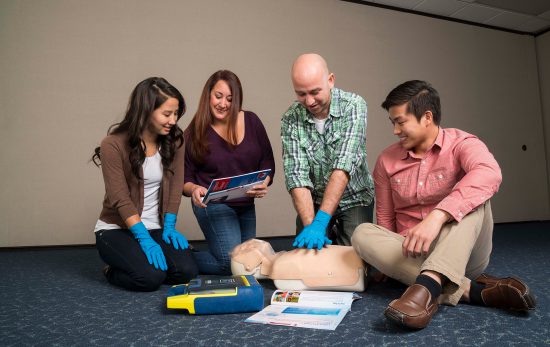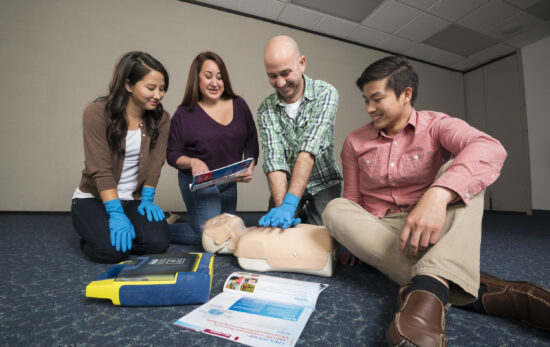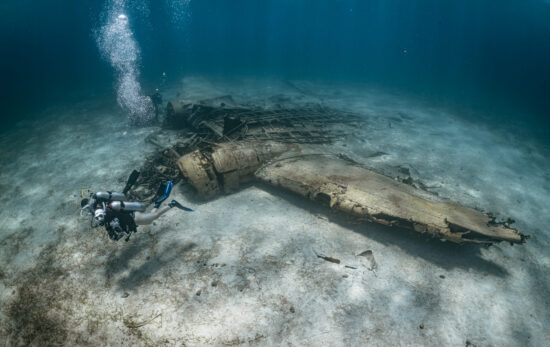You probably know that CPR stands for cardiopulmonary resuscitation, like you might know the SIM card in your phone is its subscriber identification module. But, do you know how to use SAMPLE questions as an assessment tool for a patient or fellow diver who appears unwell?
S-A-M-P-L-E helps you remember the key questions to ask when assessing someone who may have an illness. Collecting this information can be very helpful to medical professionals that may arrive on scene. Additionally, engaging with the ‘patient’ verbally can help to reduce stress and even reveal possible signs of a stroke.
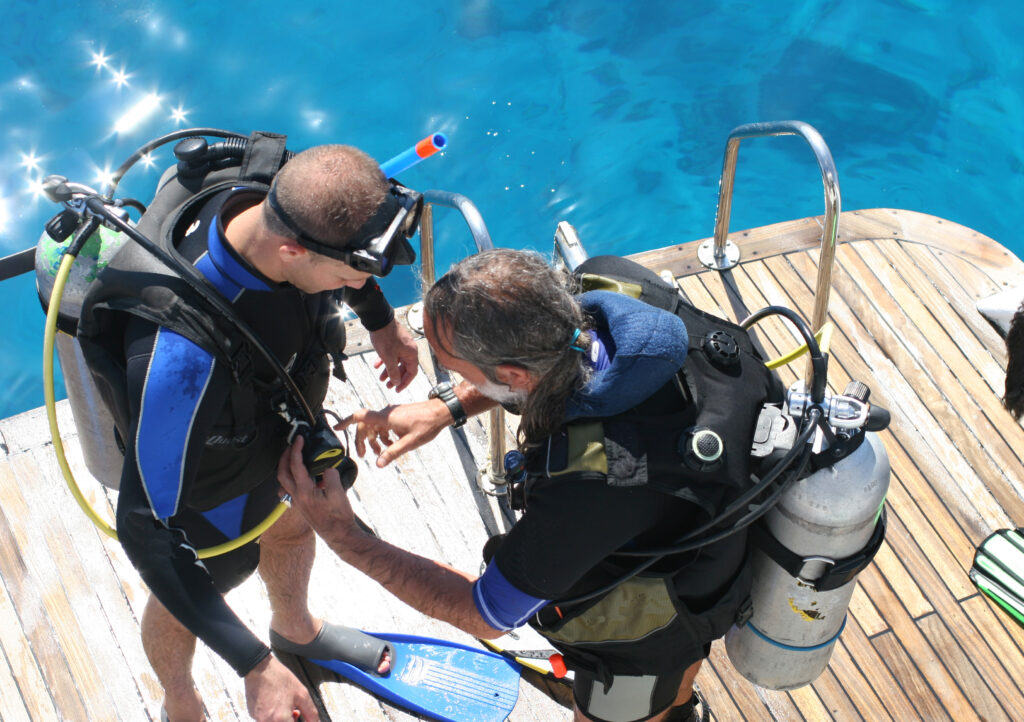
What are SAMPLE Questions and How Do You Use Them in an Emergency?
Whether you’re out on a dive boat, at the beach, or simply walking down the street, if you encounter someone who appears to be exhibiting signs and symptoms of a medical issue or illness, use the acronym SAMPLE to remember what questions to ask regarding their medical history and the events leading up to this potential illness. If the patient is unresponsive, you may be able to ask a friend or family member present.
S – Signs and Symptoms
Ask, “How do you feel now?” to learn what the patient’s symptoms are. Also, make note of any signs of illness that you observe yourself.
A – Allergies
Does the patient have any known allergies? Are they allergic to any medications?
M – Medications
Find out if the patient is taking any medications and how recently they took their medication(s).
P – Pre-existing Medical Conditions
Ask the patient whether they have any known, pre-existing medical conditions. Make note of any that the patient tells you of and pass this information to the Emergency Medical Service workers upon arrival.
L – Last Meal
Knowing how recently the patient ate or drank something, and what it was, can be helpful. If the patient hasn’t eaten for 12 hours and is feeling dizzy, they may have low blood sugar. Diarrhea within 1-6 hours of eating might indicate food poisoning. Remember, however, you are not diagnosing, but rather collecting information.
E – Events Leading Up to the Injury or Illness
Asking the patient, “What you were doing when you began to feel ill?” can offer valuable clues as to what led up to the patient feeling unwell. If it’s a hot day and the patient was recently expelling a lot of energy (possibly from diving), they may be suffering from heatstroke or dehydration.
If the patient is unconscious or exhibiting signs of a medical emergency, activating emergency medical services should always be your first priority. SAMPLE questions are designed to help you gather valuable information from breathing, conscious, patients to pass to professional medical responders, not to diagnose medical problems.
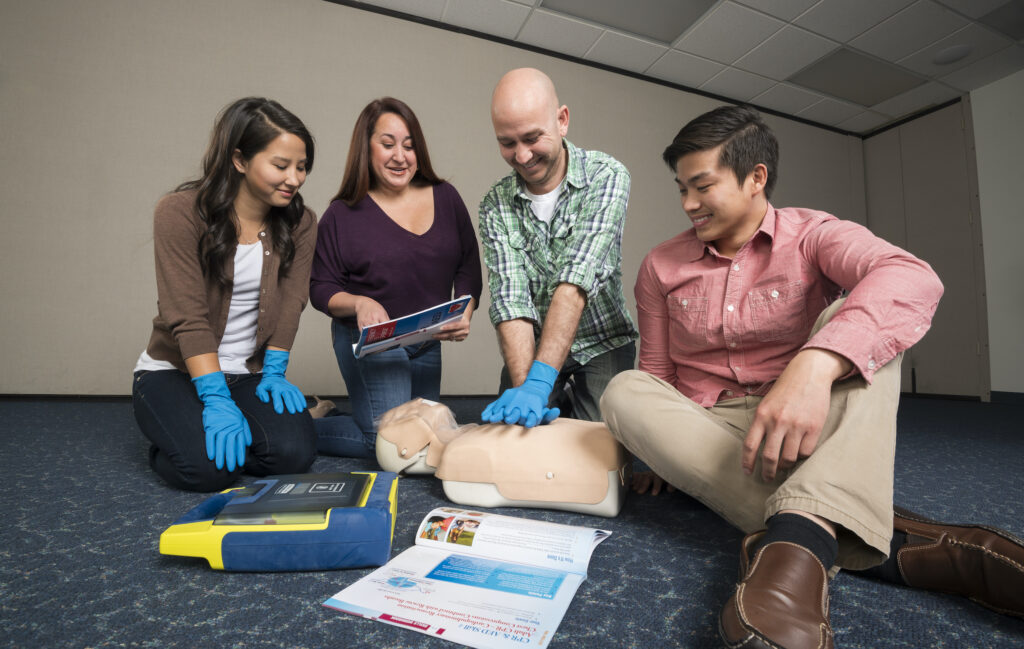
Are you prepared to help in an emergency?
If you had trouble remembering the SAMPLE questions above, it’s probably time for an Emergency First Response (EFR) refresher course. It’s perfectly normal to lose skills or forget a few steps. Research by the American Red Cross Scientific Advisory Council showed that fewer than 50 percent of students can pass a skills test 12 months after completing their course. It’s a good idea to refresh your CPR and first aid skills every 24 months, and that’s what the EFR Refresher course is designed to do. Focusing on key skills, the course allows you to stay up-to-date and ready to lend aid when needed.
If you’ve never taken an EFR course before, and want to be prepared when diving – sign up for the PADI Emergency First Response course online via eLearning today.
Additional ways to be prepared:
- Become a PADI Rescue Diver
- Read up on how to do a proper dive buddy check with BWRAF
